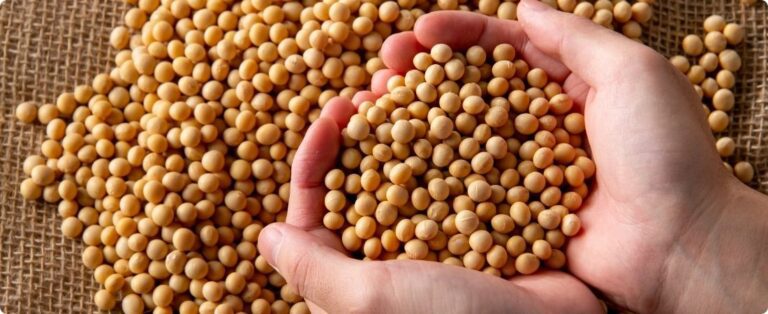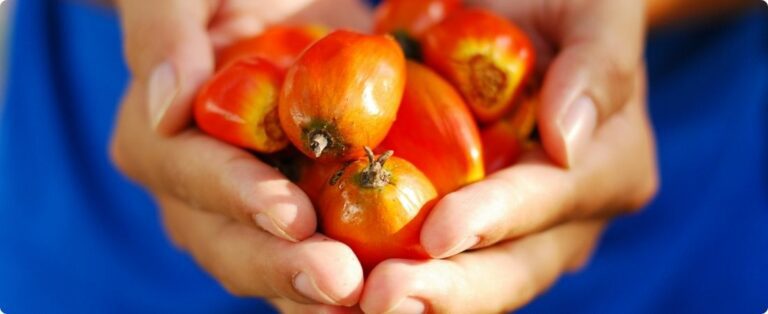The Economic Working Group and the National Logistics and Infrastructure Commission of the Brazilian Agriculture and Livestock Confederation (CNA) met, this Tuesday (13), to discuss a proposal to eliminate the additional freight charge for Renovation of the Merchant Navy (AFRMM).
The Ministry of Economy's proposal is to gradually reduce the AFRMM rate on imports until its complete extinction after five years, with differentiation for long-haul navigation, cabotage navigation and river and lake navigation. The measure will produce positive effects on the shipping sector, such as reducing maritime costs and bureaucracy, increasing competitiveness and operational improvement in the port system.
According to the agency's estimates, last year alone, the collection of fertilizers, salt, wheat flour, cereal grains and other products resulted in the collection of R$ 4.2 billion. In the cases of the North and Northeast regions, AFRMM collection is suspended until 2022.
“We have to promote coastal shipping and navigation on rivers, as production will continue to grow and we will need more vessels for transport, but the AFRMM charge weighs heavily on production”, stated the president of the National Infrastructure and Logistics Commission of the CNA, Mário Borba.
Continues after form
{module 442}
According to CNA's strategic affairs coordinator, Elisangela Pereira Lopes, between 2013 and 2020, R$ 2.2 billion were invested in the construction of 500 barges and other equipment for inland navigation, with 80% being paid for by the Merchant Marine Fund (FMM). During this seven-year period, the resources spent corresponded to just under half of those raised by AFRMM in 2019.
The Undersecretary of Fiscal Policy at the Ministry of Economy, Erik Figueiredo, considers the AFRMM to be a complex mechanism, which makes imports and freight within Brazil more expensive, in addition to discouraging navigation as a means of transporting production.
According to him, the ministry has already managed to demonstrate the economic reasons for removing the tax, whether through compensation or tax waiver. Now, the final decision depends on a political position.
“A CNA study shows the impact and increase in agricultural production with AFRMM. From this, we were able to show that the reduction or elimination of the charge could reduce the cost of the basic food basket by almost 5%”, he declared.
“We are in favor of gradually reducing charges, especially for fertilizers, as this will reduce the producer’s costs. It is an old demand from the CNA so that we can reduce the cost to Brazil and reduce bureaucracy in legislation”, said the coordinator of the CNA Economic Center, Renato Conchon.
The Confederation also pointed out that, from January 2018 to June 2020, the Federal Government raised R$ 9 billion from the AFRMM, but only R$ 2.1 billion was applied, not always to promote navigation or cabotage.
In Renato Conchon's opinion, the productive sectors are paying into the fund, but the amount used to promote navigation and the construction of barges, for example, is far below the volume of resources raised. On September 22, 2020, AFRMM’s “cash” amounted to more than R$ 7 billion.
Another topic discussed at the meeting was Ordinance ME No. 329/20, which publishes the complete list of normative acts inferior to current decrees and approves the compliance plan for Decree No. 10,139/2019, within the scope of the Ministry of Economy.
The meeting also included the participation of the vice-president of the CNA and president of the Federation of Agriculture and Livestock of the State of Espírito Santo (Faes), Júlio Rocha, and the lawyer from the CNA Legal Advisory, Viviane Faulhaber.
Source: DATA
READ TOO:
{module 441}










